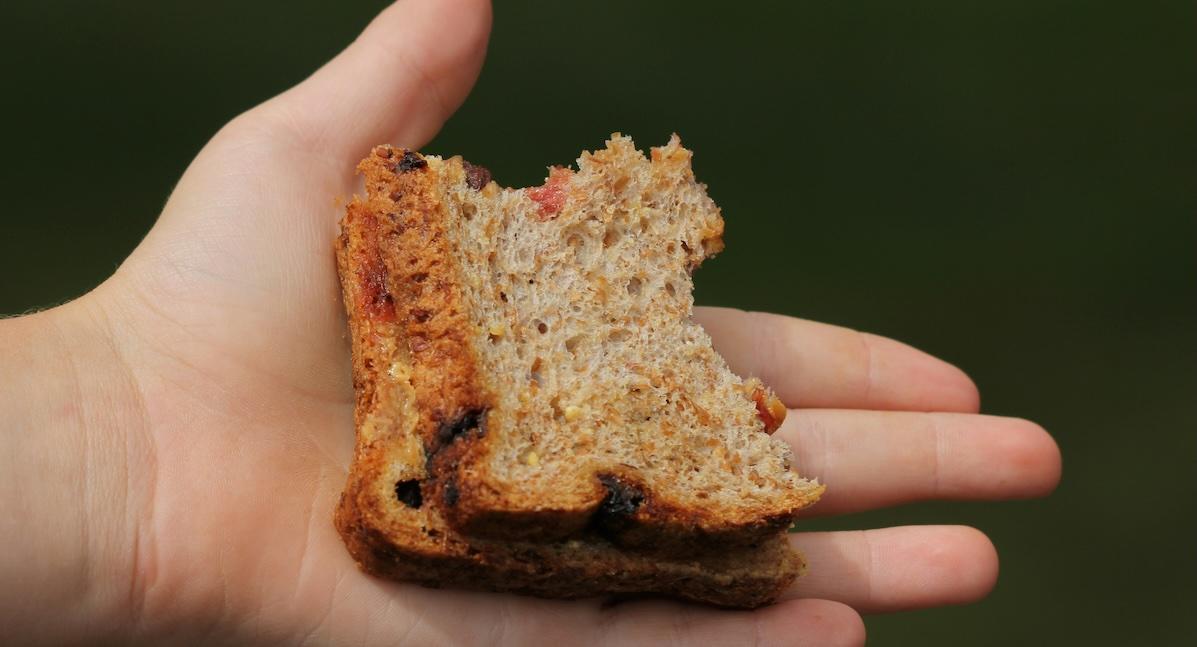Peanut Allergy Rates May Be Dropping for a Surprising Reason
According to Princeton University, medical journals didn't begin discussing peanut allergies publicly until 1990.
Updated Oct. 23 2025, 9:18 a.m. ET

Parents and guardians may have something to be thankful for, after a study was published in October 2025 saying that peanut allergy rates are dropping after years of education and guideline changes.
Not only have peanut allergy rates dropped, but they've gone down by double digits over several years, giving medical experts insight into how changed guidelines have impacted their youngest patients and their families. And it's not just peanut allergy rates going down, either.
The study has discovered a decline in other food allergies in children under the age of three as well, which is great news for anyone who has ever struggled with keeping their child with a food allergy safe.
Keep reading to learn how medical professionals got the sometimes deadly allergy under control, and what you need to know if you have a young child at home that you want to help insulate against food-borne allergies in the future.

Peanut allergies are on the delcine.
A study was published in the American Academy of Pediatrics journal, Pediatrics, on Oct. 20, 2025. In the study, researchers say that they were able to detect a 43 percent decrease in food allergies in children. They analyzed data from 2012 to 2015, and then again from 2017 to 2020.
During that time, a child's risk of developing a peanut allergy decreased from 1.46 percent to .93 percent. Of course, the most natural question is what changed during that time to make such a difference?
According to the New York Times, it was a guideline put in place by doctors that suggested that children be introduced to nine common food allergens (like peanuts) at a much younger age.
That means getting started on peanut exposure at just six months, starting by introducing a pea-sized amount of these foods to your baby a few times a week as they adjust to eating solid foods. This allows them to essentially train their immune system to adapt to the allergen, instead of causing a reaction.
Are peanut allergies genetic?
Parents and relatives who have a food allergy may be curious whether they will pass that allergy down to their children. According to the Food Allergies Atlanta blog, a lot of research has gone into this very topic, with mixed results.
According to one study, children were 14 times more likely to be diagnosed with a peanut allergy if one of their close relatives had one as well. In another study, a gene was discovered and blamed for the food allergy, leaving no clear-cut connection.
When did peanut allergies start?
Curious when people first started getting diagnosed with peanut allergies? According to the Princeton University blog, medical journals didn't begin discussing peanut allergies publicly until 1990. Almost immediately after that, the advocacy group Food Allergy and Anaphylaxis Network was founded in the U.S.

From there, the awareness of food allergies appeared to spread, and people began talking about creating safety measures to keep those with severe allergies safe in public spaces.